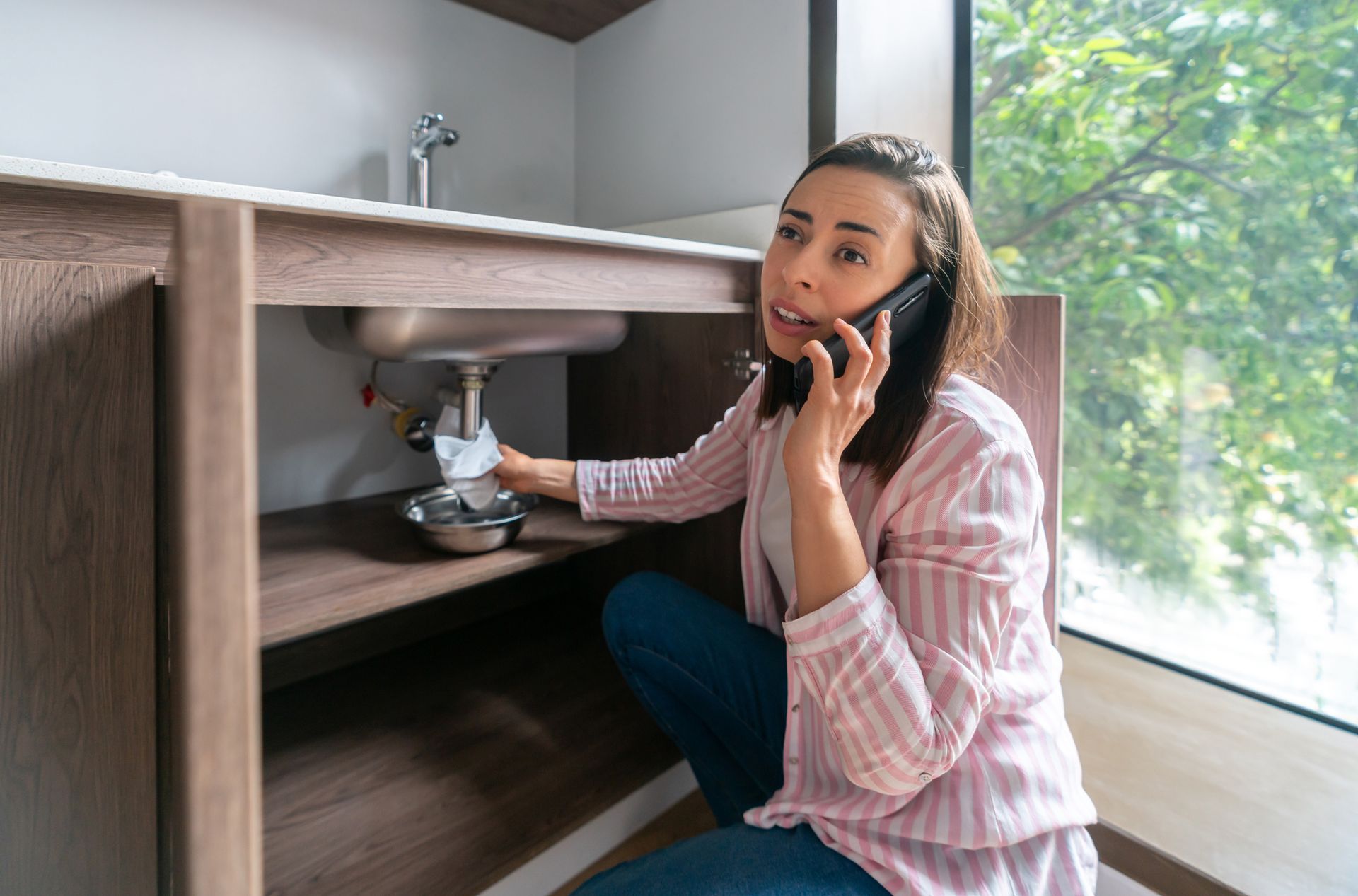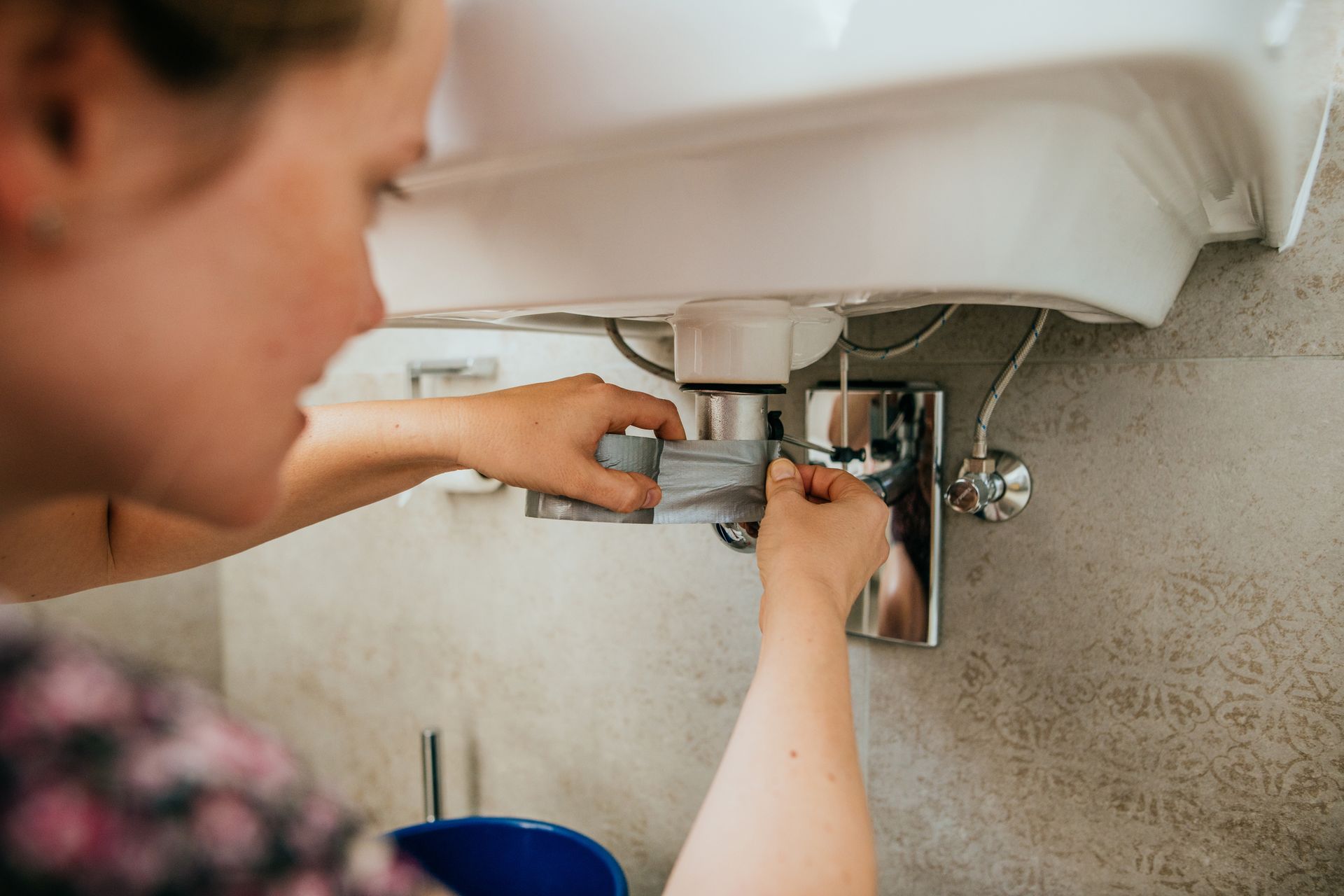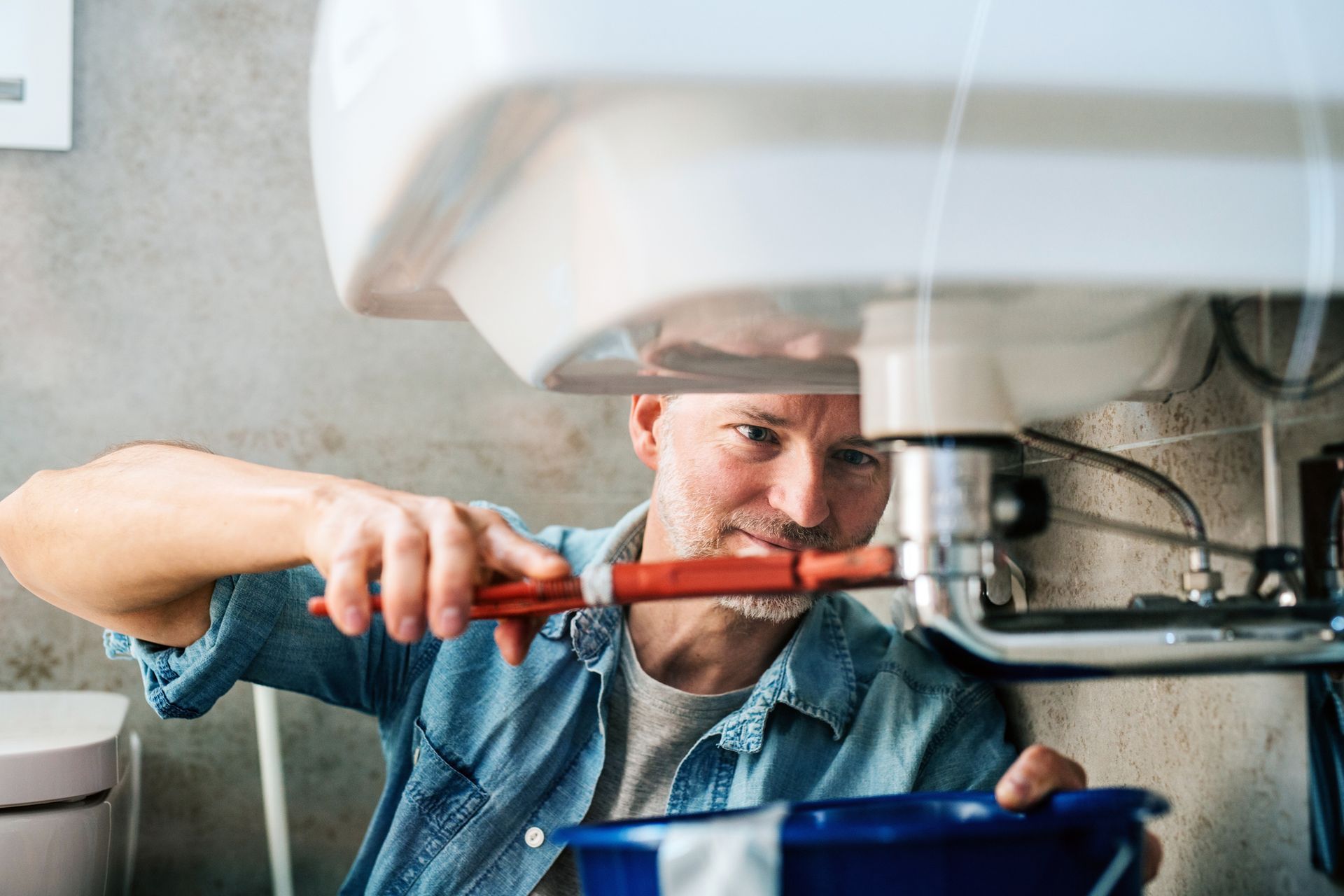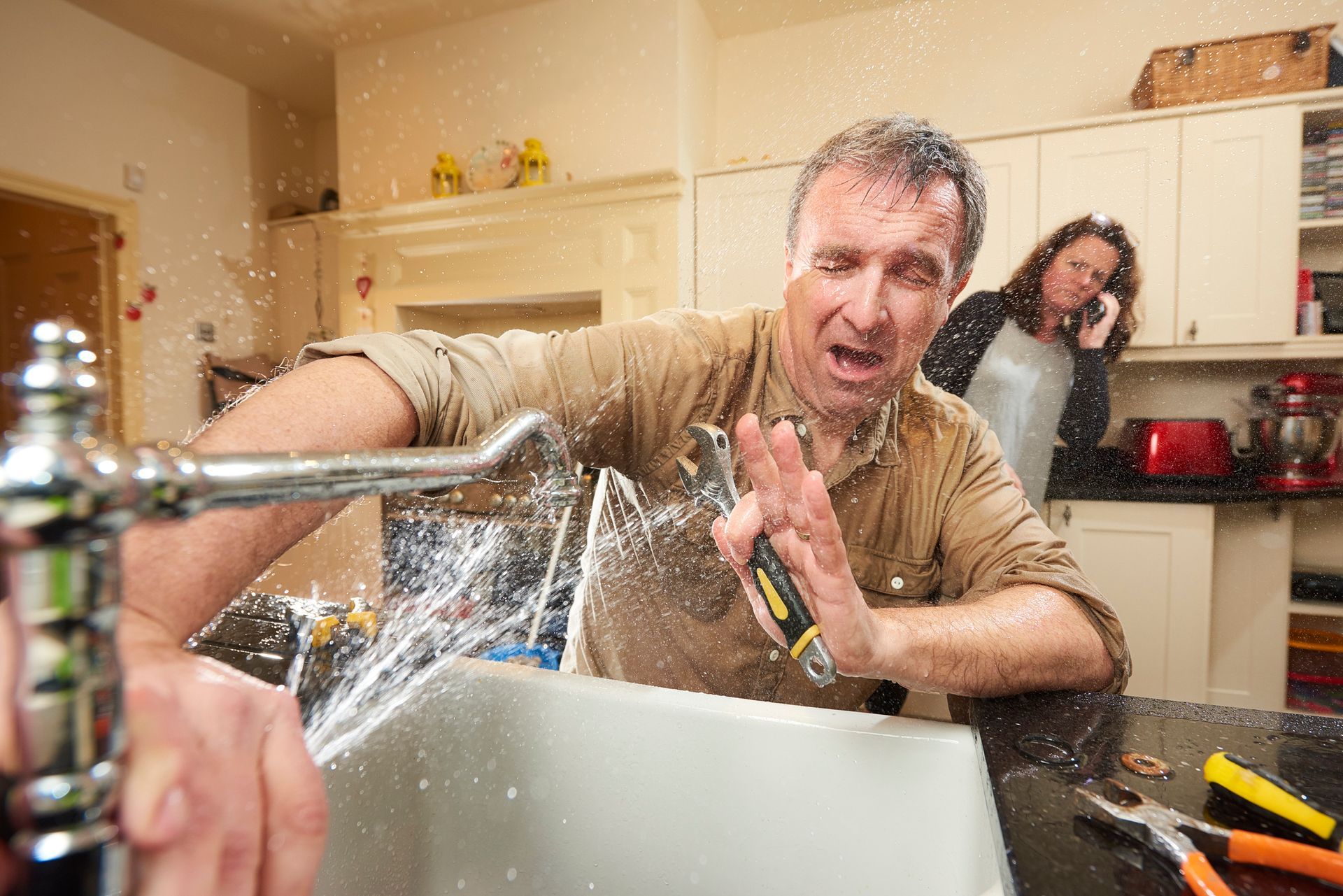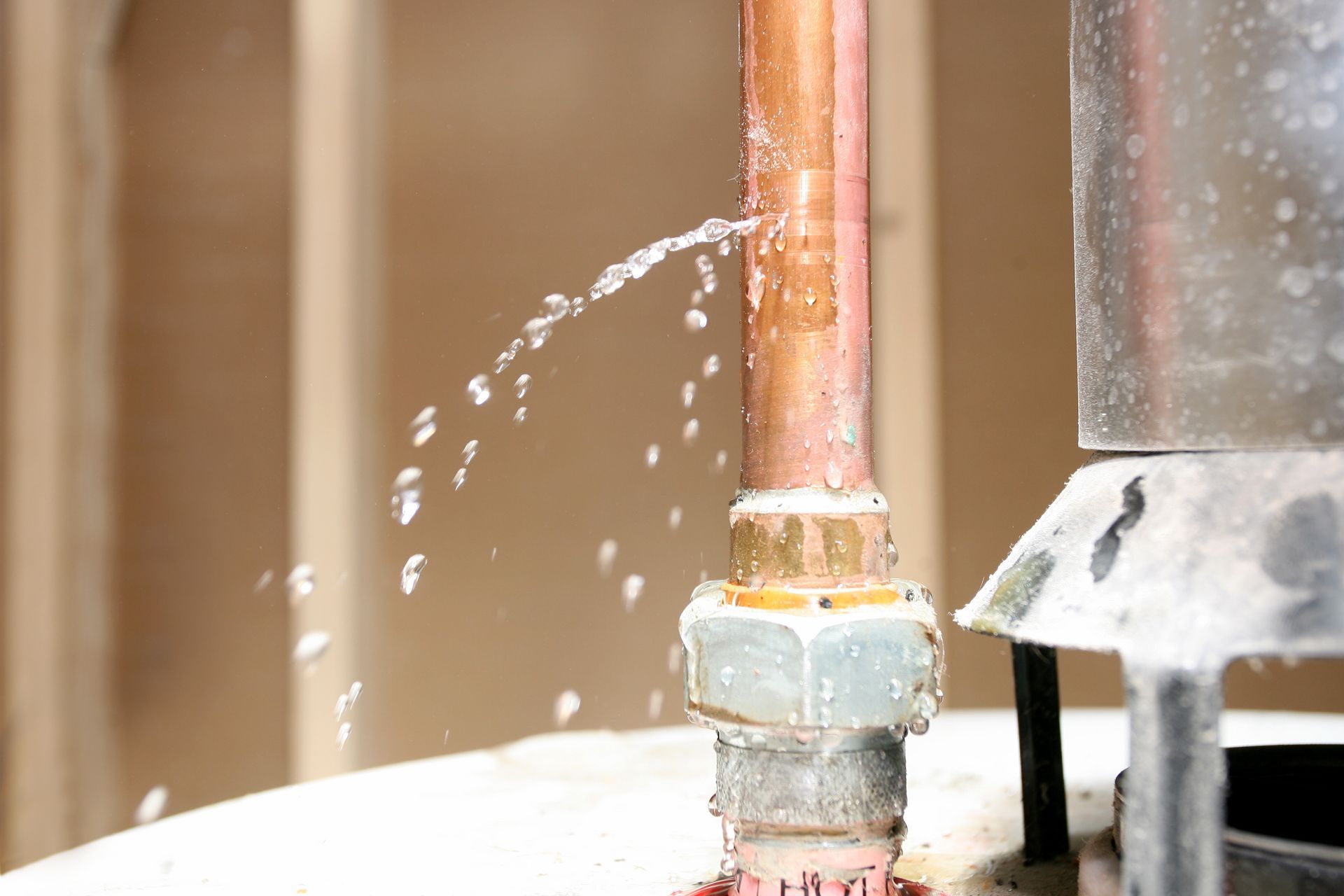How Hosting Guests Impacts Your Plumbing
February 27, 2020
Entertaining in your home represents a great opportunity to bond with friends or family. Closer proximity means more chances to play, eat, and chat with each other. Unfortunately, having more people in your home, even for a short time, may negatively impact your plumbing. Here’s how.
High-Volume Use
The more people are in your home, you’ll have more dishes to wash, meals to make, and bodies to clean. Your family members understand the rules about your delicate plumbing, but your guests may not.
Problems
This increased use can strain your plumbing, especially your toilet. More flushes provide more opportunities for the toilet to clog, especially if you have an older model. Your toilet may overflow, clog, or run.
Prevention
Preparation provides the best way to avoid this problem. Check your flapper before your guests arrive (it’s the rubber device located at the bottom of the toilet tank). Over time, flappers corrode and become less effective. If your flapper looks deteriorated, have a plumber replace it.
It’s also a good idea to have your plumber snake or hydro-jet the toilet before your guests arrive. This can prevent clogs and resolve any preexisting issues.
Instruct your guests to only flush toilet paper and waste since other materials represent the largest clog culprits.
Increased Water Use
Not only does more use strain your appliances, it also strains your hot water heater.
Problems
Heater strain means less hot water for showers, dishes, and cooking. This can represent a huge inconvenience, especially if you’re entertaining during a holiday season. The strain can even damage your heater over time if it’s not properly handled.
Prevention
To keep the water hot enough for everyone in your home, create a shower schedule. Let the shower rest at least 10 minutes between each use. You can also adjust the water heater temperature to counterbalance the higher demand. Never raise the temperature over 49°C or 120°F. This increases the danger of scalding.
To improve the heater’s performance, have it inspected by a plumber. Over time, many water heaters have sediment build up inside it. A plumber can drain and flush out the sediment to ensure the heater continues working properly.
More Debris in Drains
All of the drains in your home are called on to funnel out more water when you have guests. This also means more debris washes down your drains. Problems
Debris builds up in the pipes below drains, creating clogs and occasionally backflow into your shower and sinks.
Prevention
Have a plumber clean your drains regularly. Call one in right before your guests arrive. Then ensure the drains stay clear by taking the following steps:
- Cover the drain with a strainer. Manufacturers make strainers specifically designed for kitchen sinks, bathroom sinks, and bathtub or shower drains.
- Clean the drains after your guests use them, especially after showers. This prevents sneaky debris like long hairs from gumming up your drains.
- Place a trashcan in the bathroom. When guests don’t find a trashcan, they may feel more tempted to flush waste down the toilet. This includes cotton balls, feminine hygiene products, face wipes, and other substances that don’t break down properly once flushed.
- Set up guidelines about what comes into contact with your drains. Never put fatty, hard, stringy, or starchy foods into your garbage disposal. Fat solidifies in the pipes, creating blockages. Other difficult foods can impede the processing blades or even break the disposal.
Address any specific concerns you have with a trusted plumber.
You don’t have to wait until your guests are on your doorstep to protect your plumbing. Routine maintenance and annual inspections catch and resolve problems early on. This ensures your plumbing remains functional, even with a little extra stain.
For toilets pricing and installation in Marco Island, Naples, Estero, Myers FL and surrounding areas, please call 239-597-9997.
For toilets pricing and installation in Marco Island, Naples, Estero, Myers FL and surrounding areas, please call 239-597-9997.
You don’t worry about your garbage disposal most of the time-after all, it sits out of sight and out of mind. You only worry about it when you have to clear a backup in your sink or flush food debris down the drain. You might also feel anxious when you have to fish a ring or other valuable out of the disposal’s depths. But for the most part, you don’t think about this home feature much. Even though this device doesn’t play a starring role in your everyday comfort, you’ll notice when it doesn’t work properly. If your garbage disposal exhibits any of the signs listed below, then it either needs repair or replacement. Call your plumber right away so you can have a working disposal again as soon as possible. 1. Your Garbage Disposal Won’t Even Turn On If you flip the switch for your disposal and nothing happens, then you know you have a problem. But before you call your plumber, check the circuit breaker or fuse connected to your disposal. You may have to hit the reset button on a nearby outlet, or you might have to go to your circuit breaker box and flip a larger switch there. Once you’ve checked the breakers, try to use your disposal again. If it still refuses to move or make noise, turn it off and check the interior to see if anything has jammed the blades. If you don’t see any obstructions, and if the circuit hasn’t blown, then your garbage disposal has probably burned out, and you’ll need a plumber to at least inspect the device. He or she will probably have to replace it. 2. You Have to Press the Reset Button Every Time You Use Your Disposal If you have to push the reset button on the outlet or flip the switch on the breaker every time you use your garbage disposal, then you either have insufficient wiring or your disposal has started to age. You’ll probably have to replace the disposal if it caused the problem. Again, contact your plumber for an inspection. If he or she says your disposal has worn out, then you should get a new one. On the other hand, if your plumber says that the disposal didn’t cause the problem, then you have to speak to an electrician. Even an older electrical system should support a garbage disposal. If yours doesn’t, then you could have a serious, even dangerous, wiring problem on your hands. Have a professional check it right away. 3. Your Garbage Disposal Has a Perpetually Bad Odor You’ve tried everything. You have used hot and cold water, citrus fruits, chemical agents, and other methods to try and get the smell out of your garbage disposal-but without success. At this point, you should probably consider having a professional disassemble and clean your garbage disposal. You can also replace the device and instantly have fresher air. 4. Your Disposal Takes an Excessively Long Time to Break Down Food Your garbage disposal should have the power to break down food waste in a matter of seconds. If it takes longer, then the blades have probably dulled. You don’t need to replace your entire device in this instance, but you do need your plumber to sharpen or replace the blades. 5. Your Disposal Clogs or Jams Every Time You Use It-Even When You Flush Small Food Items Again, your disposal should have the power to break down any kind of food waste. So, if this feature jams even when you put small morsels in it, then it at least needs an inspection. Call your preferred plumbing professionals, and they’ll tell you whether a repair or replacement will return your garbage disposal to normal. 6. Your Garbage Disposal Makes a Loud Metal-on-Metal Noise When It Runs When your disposal makes a sound like metal on metal, then its parts have started to grate or move incorrectly, so it needs a tune-up. If you don’t give it a tune-up, the motor could burn out or the parts could wear so much that you’ll have to replace your garbage disposal instead of repairing it. 7. You See Water Leaking From the Disposal Plumbers can fix the leaks around the device’s seals, but if the leak comes from a crack in the device, you’ll have to buy an entirely new disposal. Luckily, with a new model and a professional installation, you won’t have to worry about repairing your disposal again for a long time. Don’t try to repair your garbage disposal on your own. You could endanger yourself and anyone around you because of the device’s sharp edges and power supply. Instead, leave the repair or the replacement to the experts, who have the skill and the equipment to keep themselves safe while they work. With a professional disposal installation, you can have better confidence that your device will work properly.


